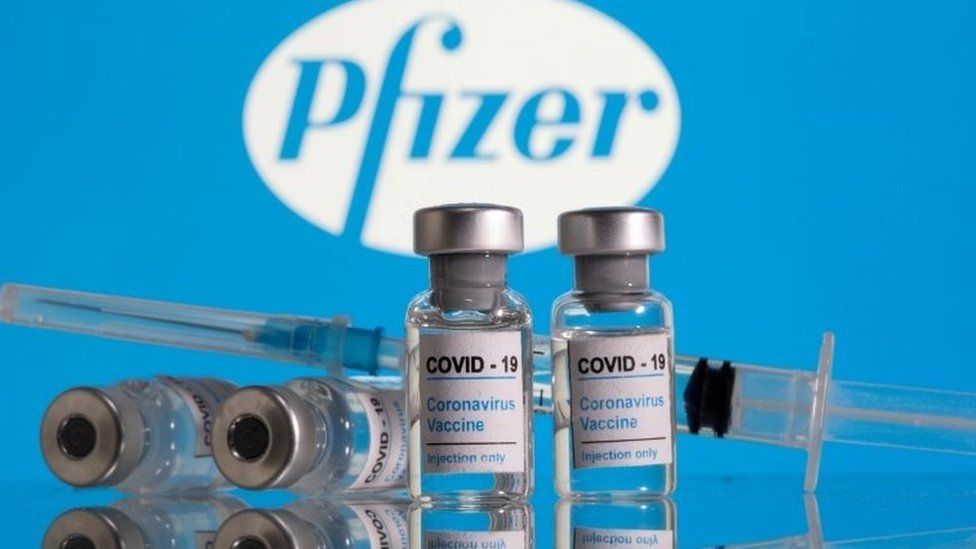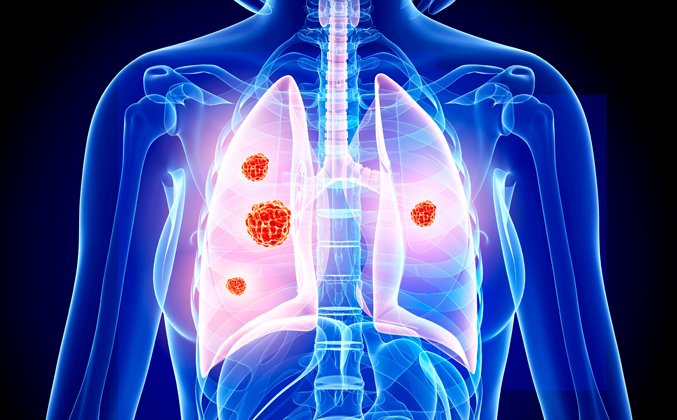In a recent development, the U.S. Food and Drug Administration (FDA) announced that samples of pasteurized milk have tested positive for remnants of the bird flu virus, which has affected dairy cows. While the FDA emphasized that the detected material is inactive and poses no risk to consumers, investigations into the matter are ongoing to ensure continued safety and vigilance within the dairy industry.
The detection of bird flu virus remnants in pasteurized milk follows reports of an avian influenza virus affecting dairy cows across multiple states in the U.S. This virus, known as Type A H5N1, has led to the illness of millions of wild and commercial birds. While the Agriculture Department has reported 33 affected herds to date, it's crucial to note that milk from sick animals is not permitted to enter the commercial supply chain and is instead diverted and destroyed.
The FDA conducted tests on samples of pasteurized milk, revealing traces of the bird flu virus. However, it's important to understand that these remnants are inactive and do not pose a threat to consumers. The agency is actively investigating the situation, and additional tests are underway to gather more information.
Despite the detection of virus remnants, FDA officials reassure the public that the commercial milk supply remains safe for consumption. Federal regulations mandate pasteurization for milk entering interstate commerce, ensuring that it undergoes heat treatment to eliminate any harmful pathogens. The time and temperature regulations for pasteurization are designed to uphold the safety and integrity of the milk supply chain.
According to Lee-Ann Jaykus, an emeritus food microbiologist and virologist at North Carolina State University, the PCR lab test used by the FDA can detect viral genetic material even after the live virus has been inactivated by pasteurization. While there is no evidence to suggest that the detected remnants are infectious, ongoing investigations aim to provide clarity on the matter.
Although no studies have specifically examined the effects of pasteurization on the H5N1 virus, past research suggests that heat treatment is highly likely to deactivate heat-sensitive viruses like H5N1. As the situation continues to evolve, regulatory bodies and industry stakeholders remain committed to upholding safety standards and ensuring consumer confidence in dairy products.
While the detection of bird flu virus remnants in pasteurized milk may raise concerns, it's essential to understand that these remnants pose no threat to public health. The FDA, in collaboration with other relevant agencies, is actively monitoring the situation and taking necessary steps to safeguard the integrity of the milk supply chain. Consumers can rest assured that stringent regulations and safety measures are in place to uphold the quality and safety of dairy products.

 The FDA, in collaboration with other relevant agencies, is actively monitoring the situation and taking necessary steps to safeguard the integrity of the milk supply chain.
The FDA, in collaboration with other relevant agencies, is actively monitoring the situation and taking necessary steps to safeguard the integrity of the milk supply chain.




















.jpeg)


.jpeg)



.jpeg)
.jpeg)






.jpeg)





